For years, Samsung has been behind the curve when it comes to fast charging. Up to the Galaxy S10, most of their phones used the very slow Adaptive Fast Charging system. Whether it was the Galaxy Note 7 fiasco or some other reason, Samsung has been reluctant to push the charging envelope. Until now.
With the Galaxy Note 10+, Samsung went from being very conservative to very liberal. The new charging system in the Note 10+ has the highest power output for any US smartphone by a wide margin. So what does all this power mean? In short, much faster charging. With this new system, it's no longer a disadvantage to have a larger battery, as it no longer takes significant time to recharge.
The Pros & Cons of Ditching Adaptive Fast Charging
For years, Samsung devices used Adaptive Fast Charging technology. This was a fast-charging system based on Quick Charge 2.0, providing 15 W of power to charge your phone. While this was excellent in 2015, OEMs are offering much better options.
The low power output does have its advantages. For one, the amount of heat generated by charging goes up as power increases. This, in turn, reduces battery capacity. With such a low power output, Samsung smartphones would lose their out-of-the-box battery life slower than the competition.
The other advantage is it makes overnight charging less detrimental to the health of the battery. The issue with overnight charging is not only the excessive period the battery is under high heat, but the stress the battery deals with by maintaining 100% capacity. Being at full charge will stress a battery similarly to heat from a fast-charging system. Since Adaptive Fast Charging takes longer to charge, Samsung's batteries were spending less time maintaining 100% capacity overnight.
However, despite these advantages, the industry has pushed forward with higher output chargers because of their main benefit: much shorter charging time. This speed can actually combat the disadvantages. If your phone charges faster, you don't need to charge it as long, so it deals with less heat. And a good fast charging system makes overnight charging unnecessary. Just put your phone on the charger while you get ready in the morning and it'll be charged before you leave.
Introducing Super Fast Charge 2.0
So what makes Samsung's new fast-charging system special? The amount of power being pushed by the system is more than any other phone in the US. At 45 W, Samsung's Super Fast Charge 2.0 (SFC 2.0) delivers 50% more power than the nearest competitor, OnePlus' new Warp Charge 30. Even though USB Power Delivery is capable of providing up to 100 W of power, no smartphone can take advantage of this amount, including the Google Pixel 3 and Apple iPhone XS Max.
Such a high amount of power also allows Samsung to pass another benefit along to consumers: larger batteries. Higher battery capacity means more time to reach a full charge. A great example of this is the 4,100 mAh battery found in the Galaxy S10+. Using Samsung's Adaptive Fast Charging system, it takes well over an hour to charge. If Samsung had included the same fast-charging system in the Galaxy Note 10+, charging would be slower since its battery is even larger.
However, with such fast charging, the Note 10+'s larger battery will take about as long to charge as the small Galaxy S10e. While we don't have exact numbers, we can make some assumptions based on the Galaxy S10 5G, which uses a 25 W charger. It has a larger battery and can charge past 50% in 30 minutes. This means when using the 45 W charger with the Galaxy Note 10+ (which has a 200 mAh smaller battery), you should reach over 60% in the same amount of time.
There Are a Few Disadvantages
While the new system is impressive, it isn't without flaws, the first being it cost. Unlike Adaptive Fast Charging, the power brick doesn't come in the box of the Galaxy Note 10+. Instead, you need to buy a separate power adapter, which will run you $50 if you want to go with the first-party option. Just note that this charger won't be available until mid-September.
While Samsung does let you use third-party options, they're not the easiest to find. SFC 2.0 leverages USB Power Delivery with Programmable Power Supply (PPS), so you need to find a charger that supports both standards and offers 45+ W of power output. The best one of these we've found is this Aukey 46 W MacBook charger:
You also need an e-marked USB-C cable. This cable is certified to transfer up to 100 W of power and is based on the latest USB 3.1 Gen 2 standard. Like the power supply, these aren't easily identifiable, which means some consumers will accidentally use the wrong cable, preventing access to the full 45 W fast charging. To help you out, this is our favorite cable that fits the bill:
However, once you have the necessary equipment, you are good to go. While third-party options are limited at the moment, as the Galaxy Note 10+ get into more people hands (and future Samsung devices include support), more accessories will be available.
For a Samsung fan, this is an exciting time. Not only does your favorite OEM have the fastest wired charging system on the market, but it also has one of the fastest wireless as well (supporting up to 15 W with Qi). The Galaxy Note+ can recharge its battery quickly no matter what method you use. No more envying OnePlus users — Samsung is now at the front of the race, leading the charge.
Cover image by Jon Knight/Gadget Hacks








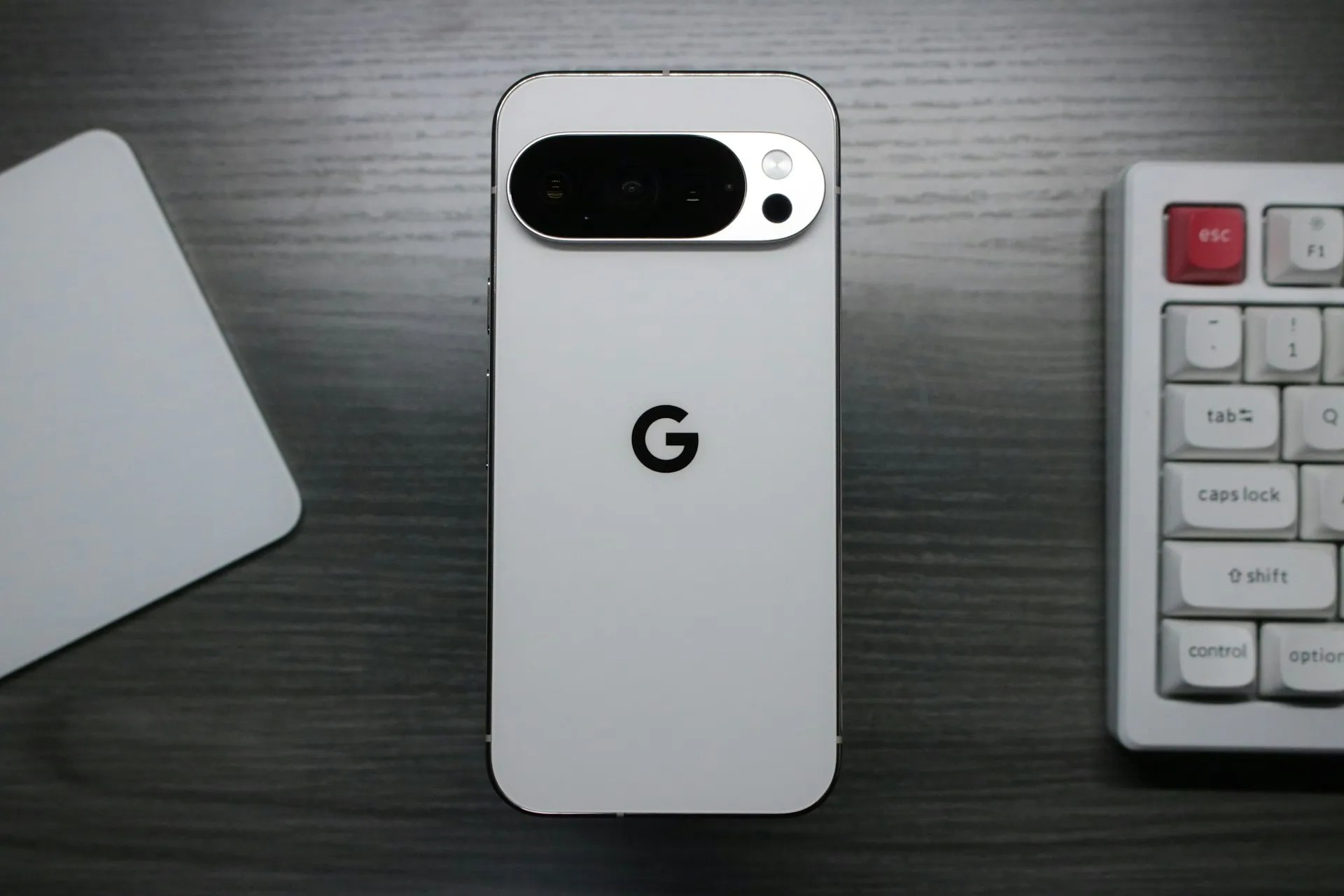


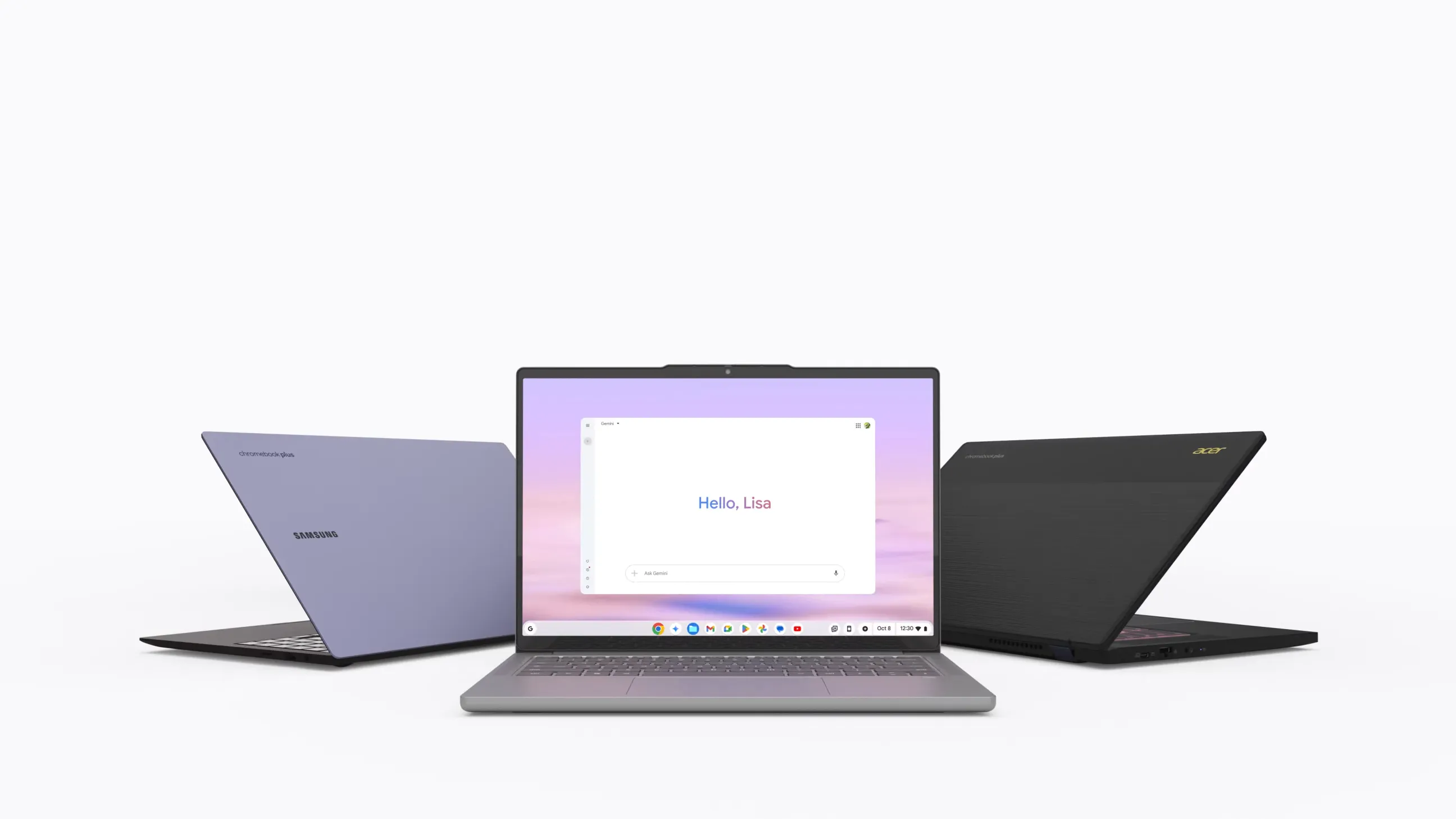




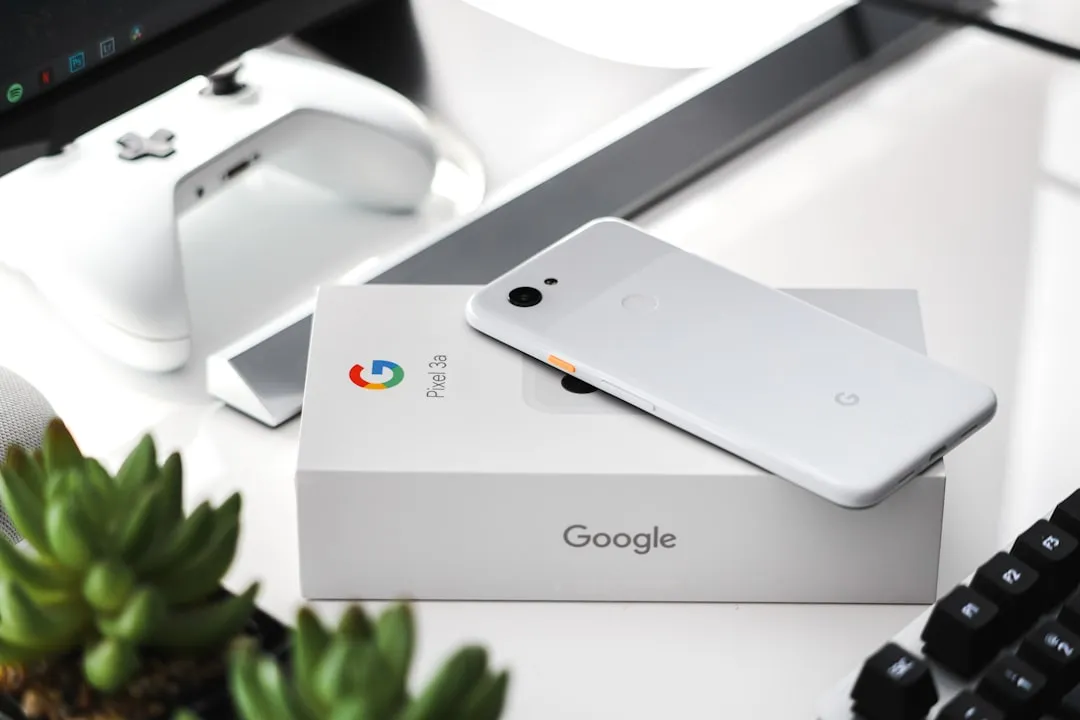

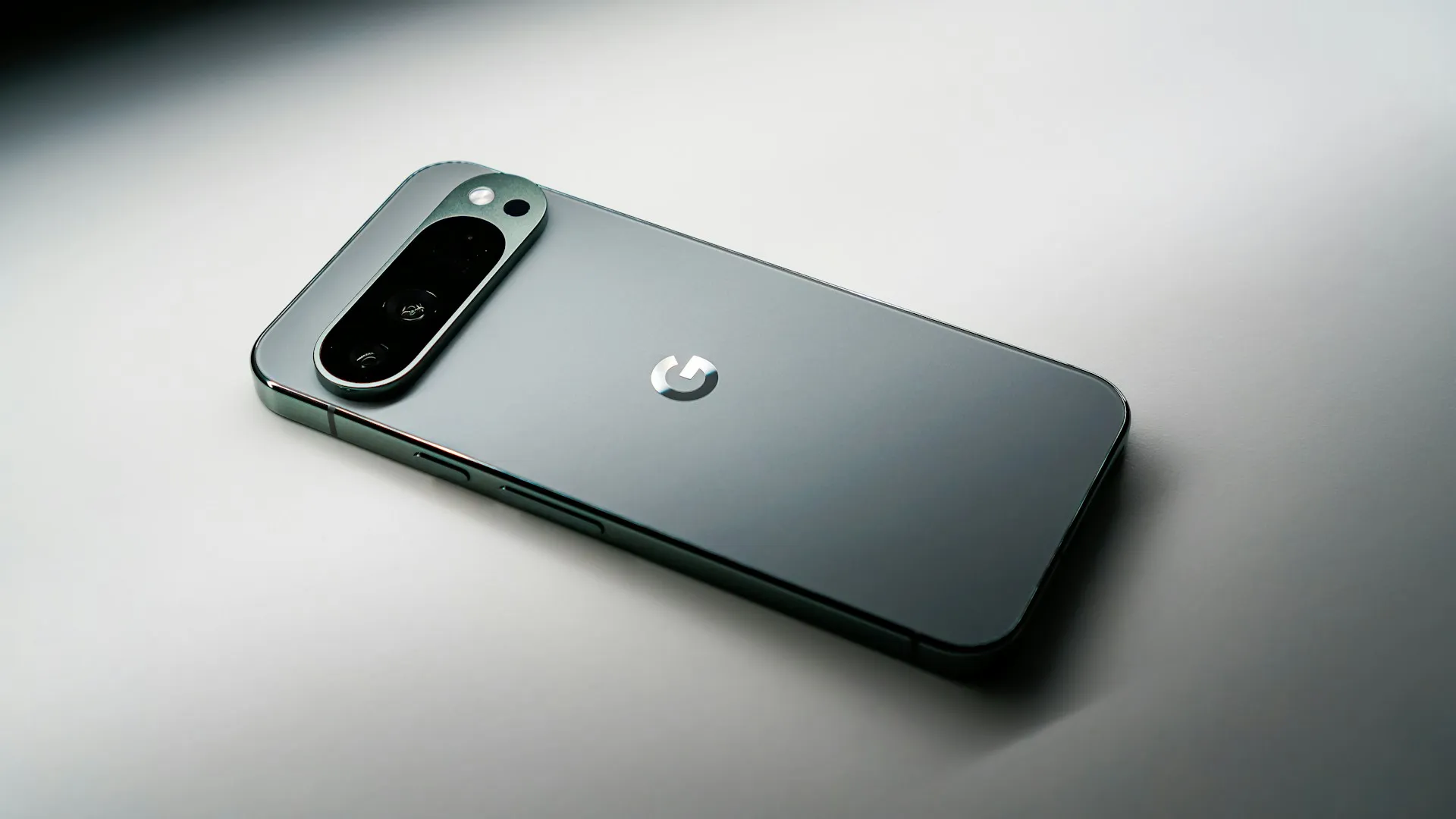

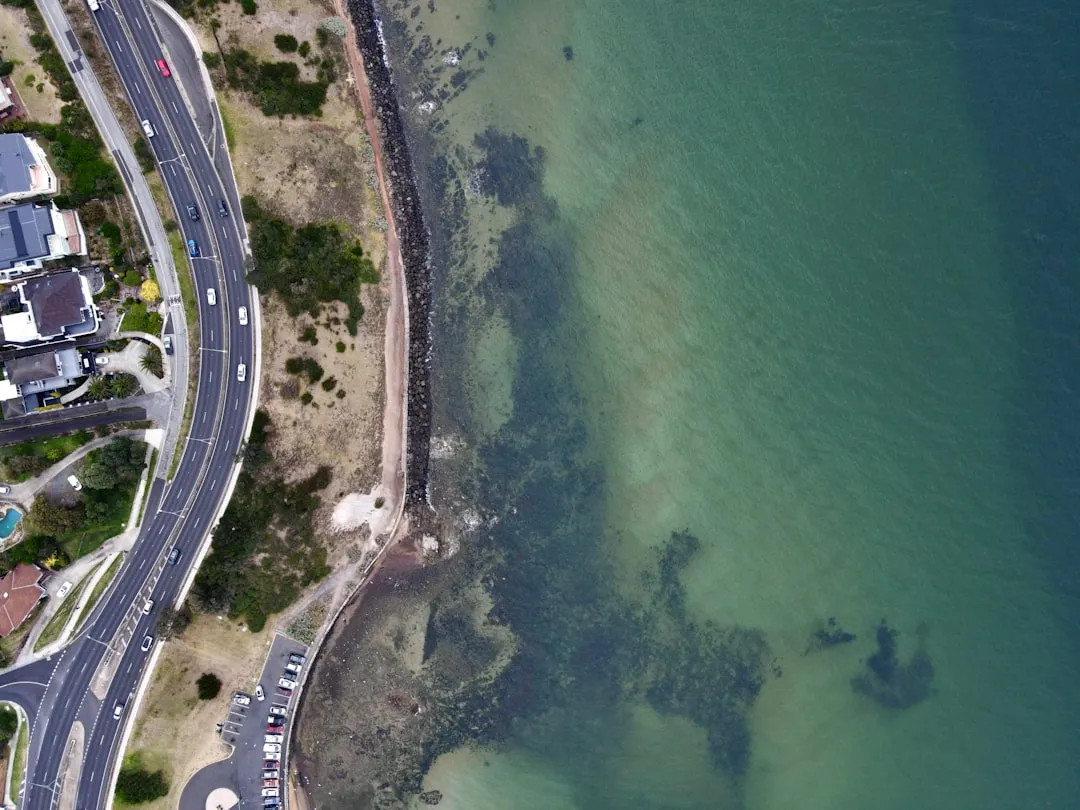
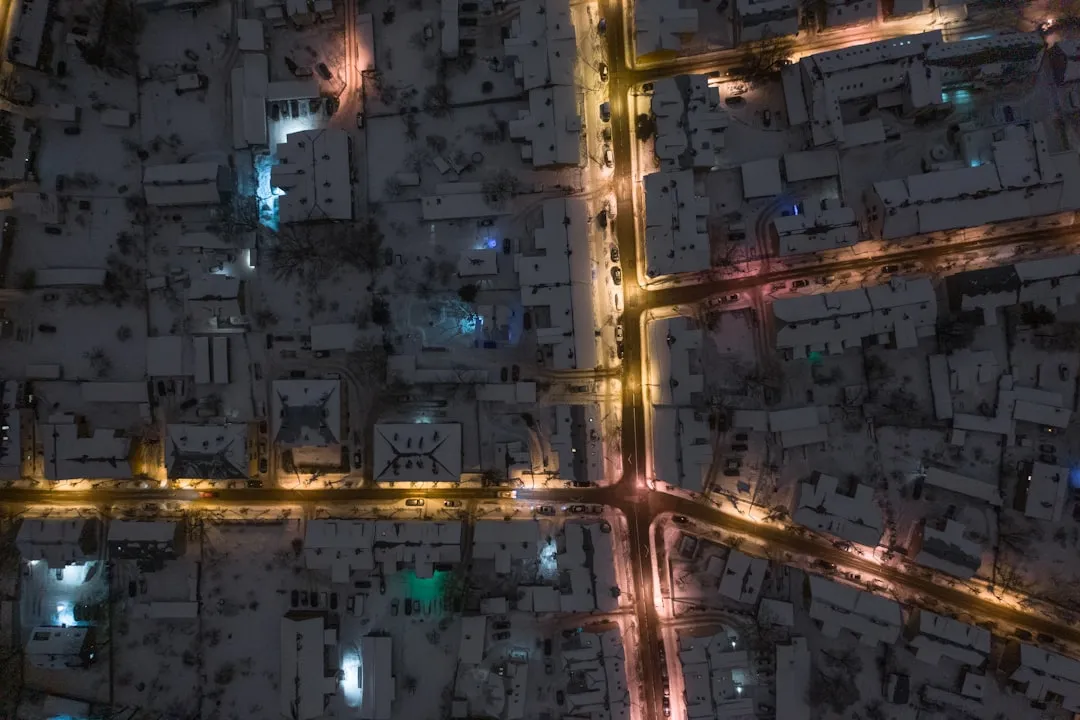

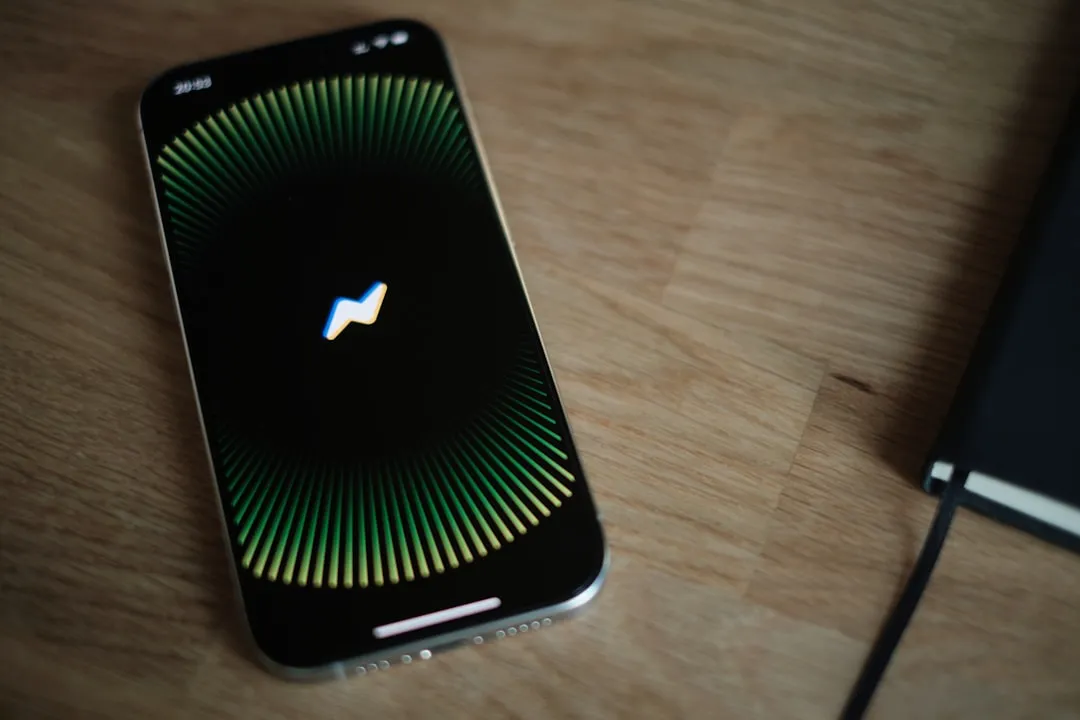

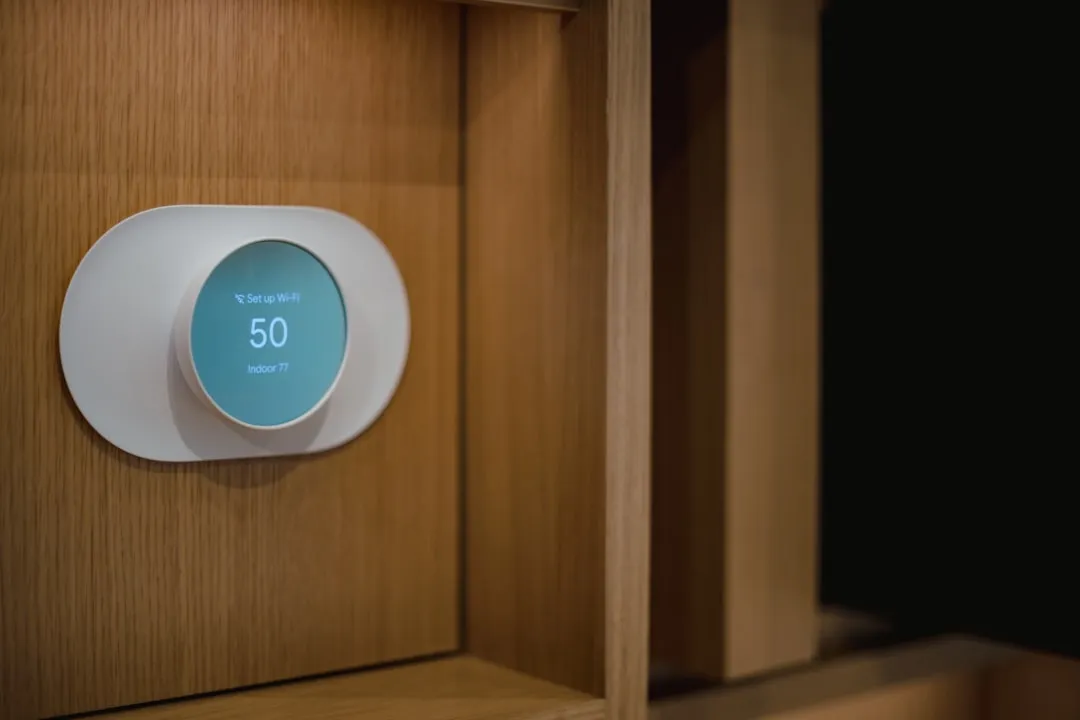
Comments
Be the first, drop a comment!